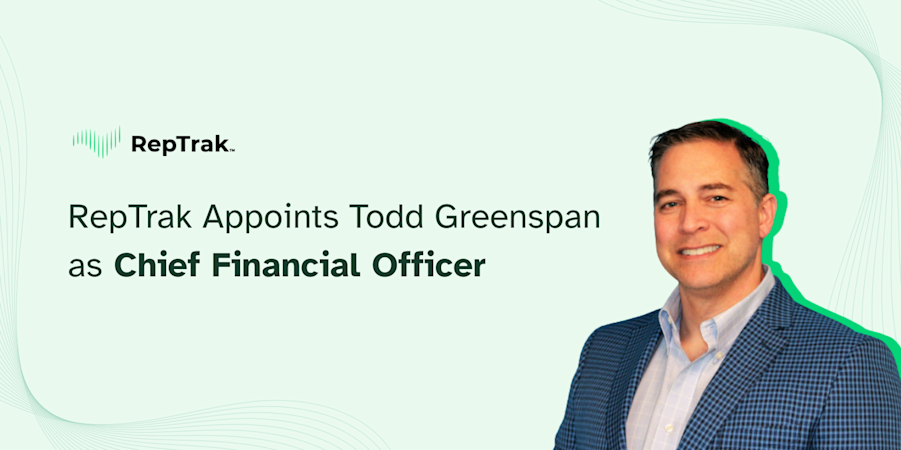Are Your Company Leaders Saying Enough?
Blog Post12 Aug, 2019
Leadership is one of the most visible drivers of reputation. Many of our society’s most notable cultural figures are CEOs, those highly innovative entrepreneurs. Some, more like rock stars then the stuffy executives of your grandparent's generation, have made it their business to share (overshare?) their day-to-day business and personal goings-on.
Look to the headlines on any given day to pick up the latest anecdote from Elon Musk or Richard Branson. (Of course, we prefer the wisdom from our own Kylie Wright-Ford).
But how much is too much? And, wait ... is there really ever too much? Let's break down Leadership as a business driver for a better understanding of how it affects reputation.
What drives leadership?
RepTrak measures the Leadership business driver in two ways:
Companies that have strong and appealing leaders
Companies that are well-organized with a clear vision for the future
To be a strong and appealing leader, one need not be a rock star, but a person who does the right thing and gets the job done. They need to have the power to direct their executive teams and company with an organized approach to achieving future goals.
Strong and appealing leadership is generally not often the most important driver of reputation (although this year’s reputation data shows it is the second most important driver of corporate reputation in China). Regardless of where Leadership stacks up among the other six key drivers of reputation, a company’s Leadership score should not be ignored.
Leadership acts as a reputational multiplier
A company can use its leaders to amplify stakeholders’ perceptions across other business areas. For example, if a company’s leaders are appropriately vocal with aligned messaging about how their team tackles citizenship issues, or transparent about the firm’s financial performance, Leadership scores will improve.
This year, Royal Dutch Shell has one of the highest scores in Leadership among the global energy industry. Shell’s CEO, Ben van Beurden, enforces the company’s vision to rebuild trust with the public. One initiative in this effort involves an enterprise-wide move toward low-carbon energy to reduce emissions. Mr. van Beurden’s clear and genuine vision for Shell puts the company on a path to attain the highest standards of ethics and sustainability. This vision has resonated with the public and translated into strong performance and leadership for Shell across additional key global drivers of reputation: Citizenship and Governance. Ben van Beurden was rated as one of this year’s most reputable CEOs in our CEO RepTrak report.
A clear and organized vision
Companies need strong and appealing leaders to convey a clear and organized vision to their key stakeholders. This vision can relate to a spectrum of corporate initiatives, from the company’s work in corporate responsibility to building culture, attracting talent, and innovating on products and services.
Leadership might not generally be the most important driver, but it cascades into and amplifies the company’s performance across other essential business areas. By this definition, strong leadership will always have a positive impact on a company’s reputation score and on their business objectives.
Our studies indicate that Leadership is not based on how much is being said, but on what is being said. The substance behind the words is what matters most. Some CEOs say quite a bit; others not so much. When it comes to corporate leadership, we recommend quality over quantity. If it takes a lot of messaging and content to get that clear and organized vision out in the most effective way, then so be it. If it takes fewer campaigns to do so, then that's just fine.
Tom Gumbley Associate The RepTrak Company [email protected]






